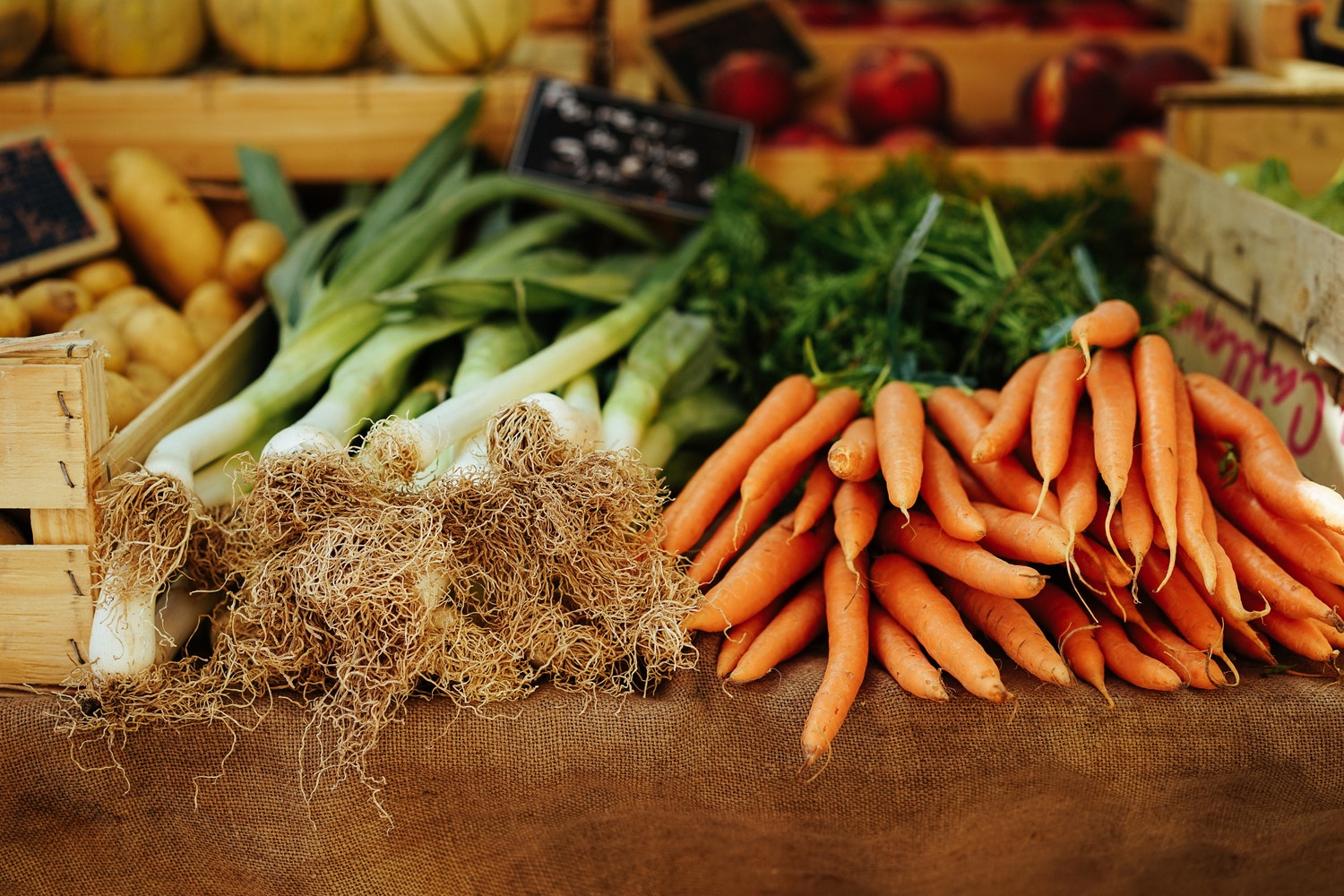I’m going to veer away from the excitement of blood and bacteria on this one and discuss something you wouldn’t want to mix with either (unless, of course, you’re a vampire)—food!
Though it is understood when you enter the program, spending 40 hours a week at an unpaid clinical placement can still hit hard when there are bills to pay and mouths to feed. Some students keep a part-time job through their practicum, and if that is an option for you, I recommend it; the training we receive in the lab is a very different learning experience than being at BCIT and generally less stressful, without having to prepare for two labs and a quiz every other day.
I had to give up mine when I moved cities, and chose not to look for one in Kelowna so I could focus on taking care of myself. But 10 months is a long time to go without any source of substantial income!
Food is an unavoidable expense, so here are a few ways to save on both time and money.
Look for sales. Nowadays, weekly flyers for several chain, and even local supermarkets, can be viewed online. Planning your meals around ingredients on sale – and not necessarily what you’re craving – can force you to step outside your comfort zone and get creative with your cooking.
Are you a BCIT News insider? Sign-up to receive the latest news on BCIT.
That said, take a cautious approach; you don’t want to start buying things just because they’re on sale.
As one would expect, things are usually a better deal when bought in bulk. It’s not ideal when you’re only cooking for yourself – or yourself and one other – but if the product is one you might prepare frequently like, say, chicken, you could keep a few portions in the fridge and freeze the rest. Which brings me to my next point:
The freezer is your friend. Fresh meat, produce, and even homemade soups and chilis can keep for months if stored properly. I’ve been buying 2 lb containers of blueberries ($4.72 at Superstore!), keeping 2-3 days’ worth in the fridge, and the rest in resealable plastic bags. If you prefer to rinse the berries first, ensure they are fully dry before freezing; they’ll be uncomfortably mushy if you don’t. Good for smoothies, though!
Focus on flavour. I use minced garlic in almost every vegetable dish I prepare. Herbs, spices, and a squeeze of lemon juice can elevate even the simplest ingredients.
Food groups. Speaking from personal experience, it can be easy to slack off on eating healthy when you’re by yourself. The key to a well-balanced diet is finding a routine that works for you—and sticking to it! I have a sandwich for lunch every day which, with deli meat, cucumber and cheese, scrapes a few food groups at the very least—and runs through my loaf of bread before it expires.
I also keep canned or frozen fruits and vegetables on hand, for the days I don’t feel like preparing them myself.
Plan ahead. Make grocery lists. If you’re having a quiet evening, do some prep for meals later that week. It’s all about creating less work for yourself in the long run.
That’s it for me, if you have any other suggestions I’d love to hear them! Air quality in the Okanagan is pretty poor right now, so I’ve been listening to a lot of upbeat music to combat the mood. “Rollercoaster” by Bleachers… an older song, but the video is wonderful.
Read more of Natalie’s journey in the Medical Laboratory Science program at BCIT.
